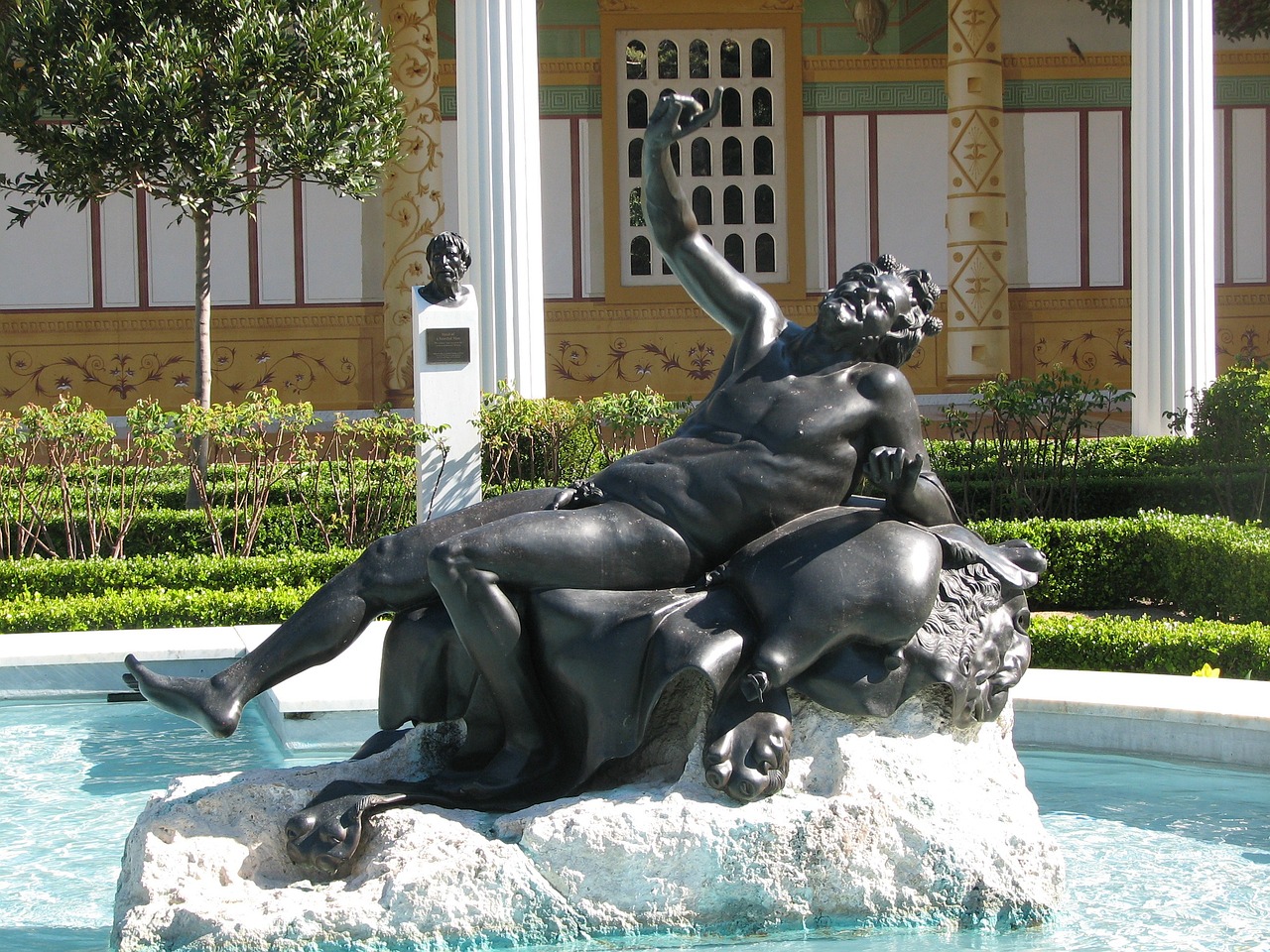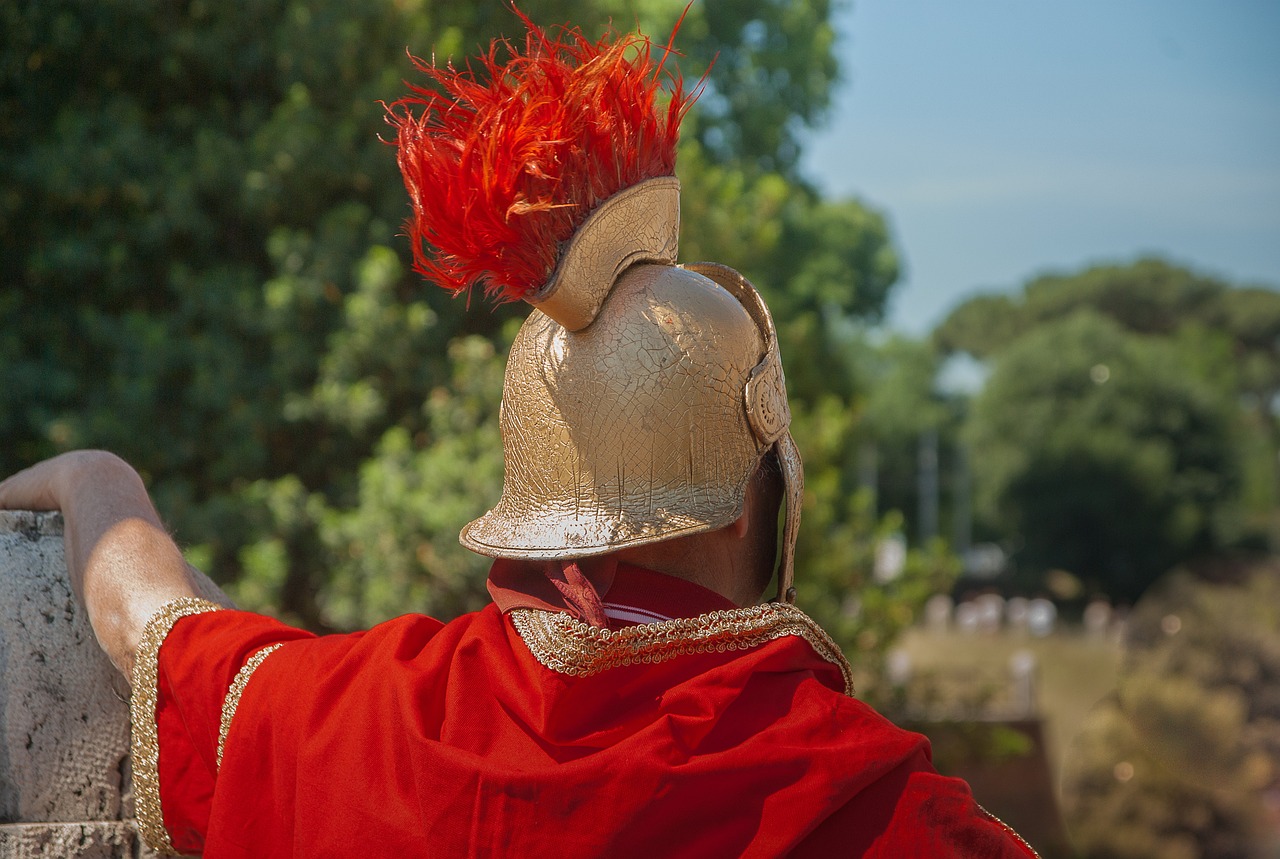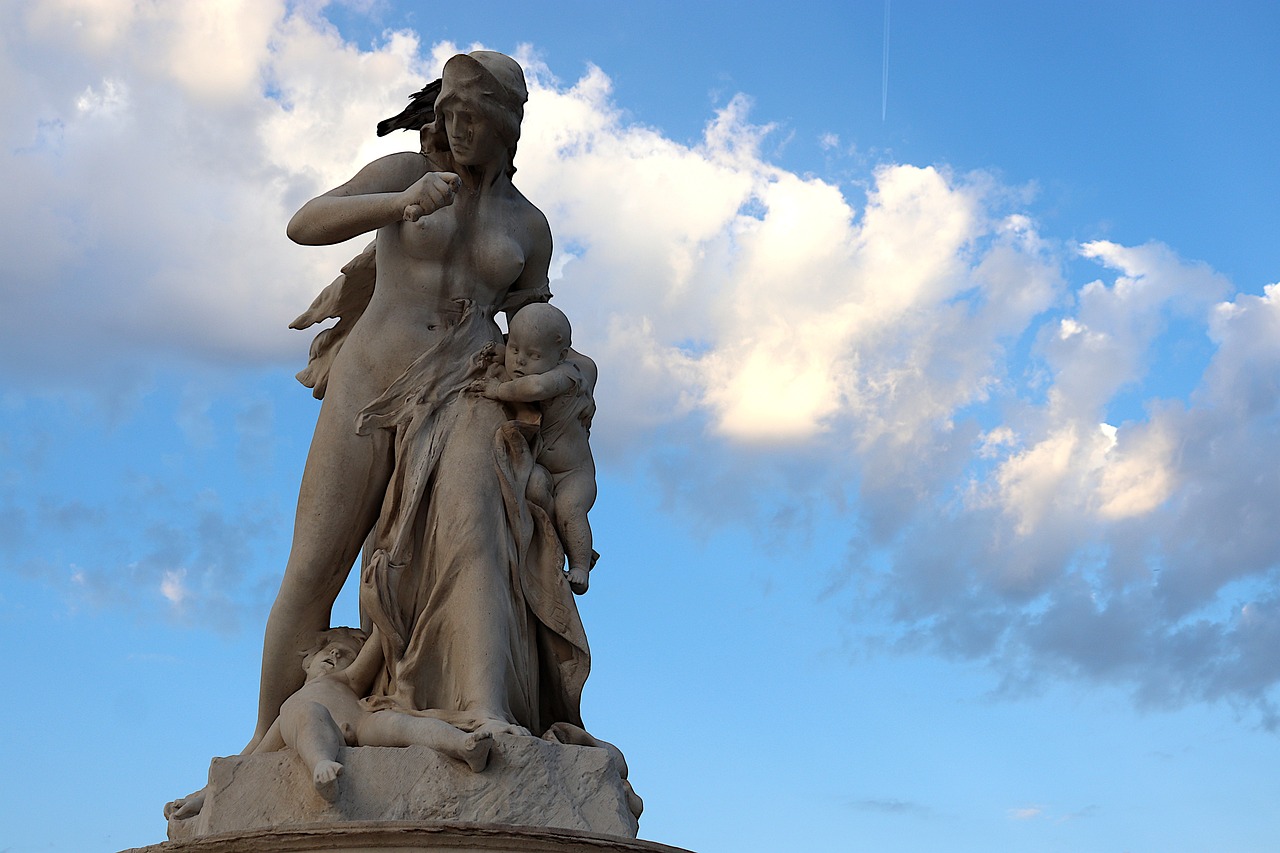Mythology
-

Dionysus: God of Wine, Theatre, and Merriment Dionysus, known in Roman mythology as Bacchus, epitomizes the essence of wine, joy, and theatre in ancient Greek culture. As one of the more vibrant deities on Mount Olympus, Dionysus stands out for his colorful legacy and tumultuous origins. Birth and Early Life In Greek mythology, Dionysus, born…
-

My Roman-Inspired Garden Gardening and exploring others’ gardens are among my cherished pastimes; my personal garden reflects Roman principles, complete with a dedicated herb section. In my Roma Nova novels, I frequently highlight gardens, plants, and flowers, with Carina gaining access to a secluded walled space filled with figs, vines, myrtle, and fragrant herbs. Notable…
-

Life in ancient Egypt was heavily influenced by the annual flooding of the Nile, which endowed the land with its fertility. Consequently, it is natural to observe these elements reflected in the spiritual beliefs of the Egyptians, particularly through the worship of the crocodile deity, Sobek. Emerging initially as a local god, Sobek attained remarkable…
-
Combining elements from diverse mythologies can yield fascinating character studies, particularly in the case of Balor na Súile Nimhe, known as Balor of the Evil Eye. This figure draws striking comparisons with the cyclopean Polyphemus from Greek myths and the energy-shooting mutant Cyclops from Marvel Comics, creating a unique synthesis of characteristics and traits. Throughout…
-

Egyptian mythology is composed of a diverse array of gods and goddesses, with Osiris emerging as a particularly remarkable figure. This exploration of Osiris will delve into his myths, attributes, and enduring significance in both ancient and contemporary contexts. Who is Osiris? Osiris, a central deity in Egyptian mythology, is often depicted with green skin,…
-

Hercules: The Hero of Myth Hercules is often mistaken for a god, but he was originally born a mortal. His lineage is a tale woven with complexity; his father was Zeus, the supreme deity of the Greek pantheon, while his mother, Alcmene, was related to the hero Perseus. Lore has it that Perseus, another son…
-
Understanding Heket: The Unique Goddess of Egyptian Fertility As a Heketean since 2008, I stumbled upon the confusion between Heket and Hekate early in my research journey. Although the names may share a common root, the similarities often cited felt superficial, lacking a deeper connection. After composing a brief article focused on Hekate and childbirth,…
-
Juno, revered as a central figure in Roman mythology, embodied the protective spirit of the Roman nation while paying particular attention to women’s lives. Often likened to her Greek equivalent, Hera, Juno was both the spouse and sister of Jupiter, the supreme Roman deity. Together with the goddess Minerva, they were honored at the Quirinal…
-

Greek mythology encompasses a rich tapestry of narratives that detail the gods, heroes, and rituals of the ancient Greeks during classical antiquity. While certain thinkers, such as the philosopher Plato, acknowledged the fictional elements within these myths, they were largely embraced as truthful accounts by the populace. The enduring legacy of Greek mythology continues to…
-

When Euripides’ “Medea” debuted during the Great Dionysia in Athens, it received a disappointingly low acclaim, placing third behind the works of Sophocles and Euphorion. This reaction can be attributed to how Euripides confronts and challenges the audience’s entrenched beliefs about gender and morality, presenting themes that were both radical and unsettling. For many, it…


